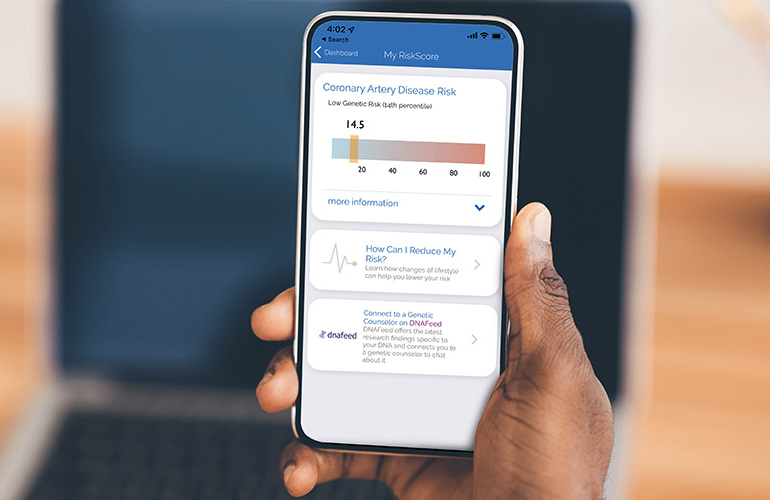The idea of progression has surely been around for centuries, but it has notably appeared in various different forms. In fact, with every generation looking at it from a unique standpoint, this idea will gain a whole new dimension over time, and that, as you can guess, will go on to produce an unprecedented reality. Now, if we assess how it was unprecedented, we’ll notice a range of influential factors, but honestly, none were as influential as technology. While technology was also just a by-product of our gradual evolution, it will eventually grow big enough to take over everything. Before we could realize, the creation was touching upon our entire spectrum, including the highly-essential medical sector. Technology’s entry into healthcare wasn’t something that had everyone onboard right away. However, once this link-up starts to deliver the right goods, any doubt about its prospects will disappear in a jiffy. Talk of the right goods, the newfound medtech concept is still moving rather steadily towards bigger things, and the same was confirmed by a recent development.
Researchers at the Scripps Research Institute in California have successfully developed a smartphone app, which is purposed around calculating users’ genetic risk of coronary artery disease. At present, nearly half of US male population between 45 and 65 is dealing with a high risk of coronary artery disease, so what the new app tries to do is address a major reason behind the condition. This reason talks up the genetic aspect as a more probable cause than many people think. Working in conjunction with popular genetic testing service, 23andMe, the app processes the user data it gets from there. By doing so, it is able to put-together a personalized risk assessment, thus giving the relevant patient a much clearer view of their health. The researching team has, so far, tested the app’s impact on 721 individuals, and as per certain reports, whoever received a high risk score displayed a greater likelihood of getting timely care.
“We saw about twice the rate of statin initiation in the high genetic risk group vs the low genetic risk group, which indicates that strategies like this could make a big contribution to public health — heart disease being the largest cause of death globally,” said Ali Torkamani, a researcher involved in the study. “Even if someone finds out they have low genetic risk for CAD, knowing their score can help — for example if they also know they have high risk overall, that may suggest other non-genetic factors”



















